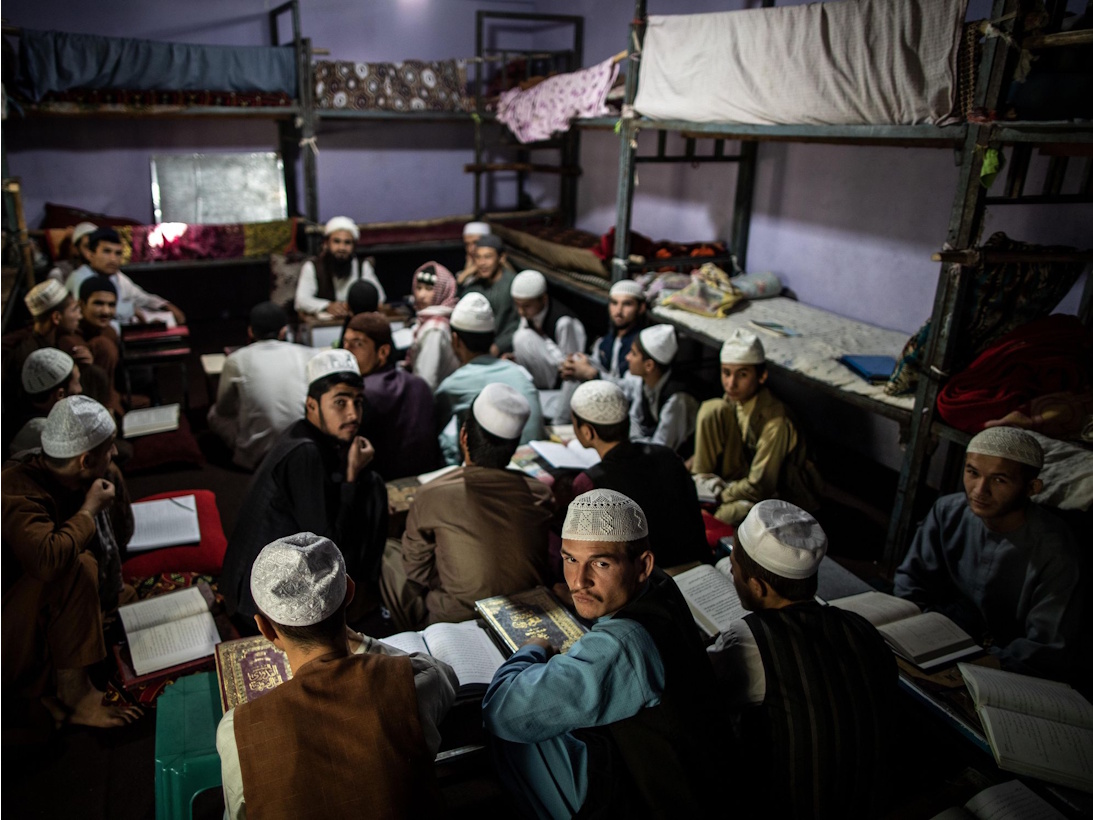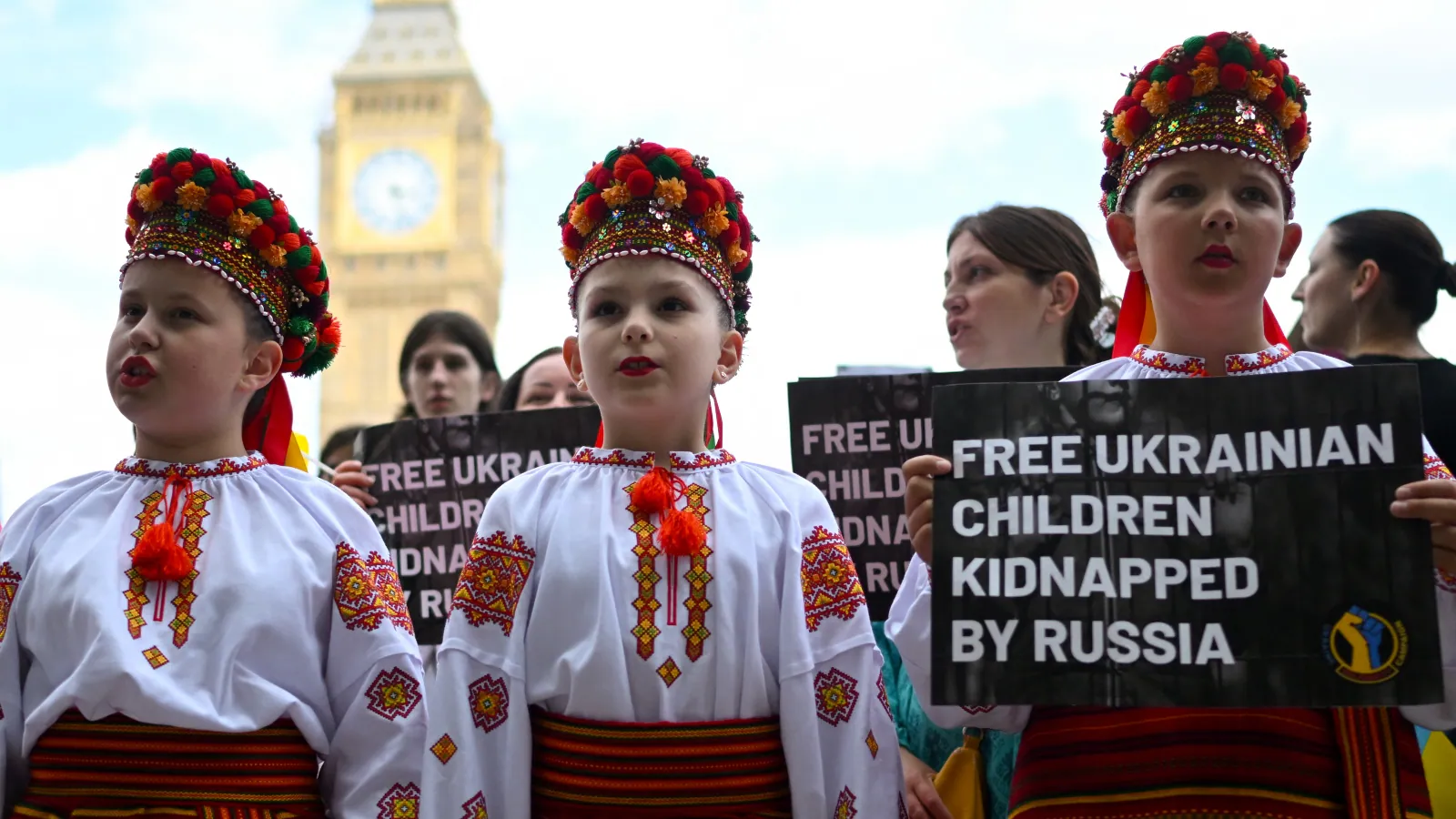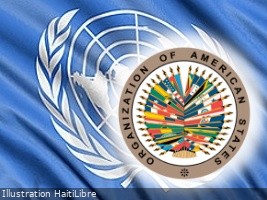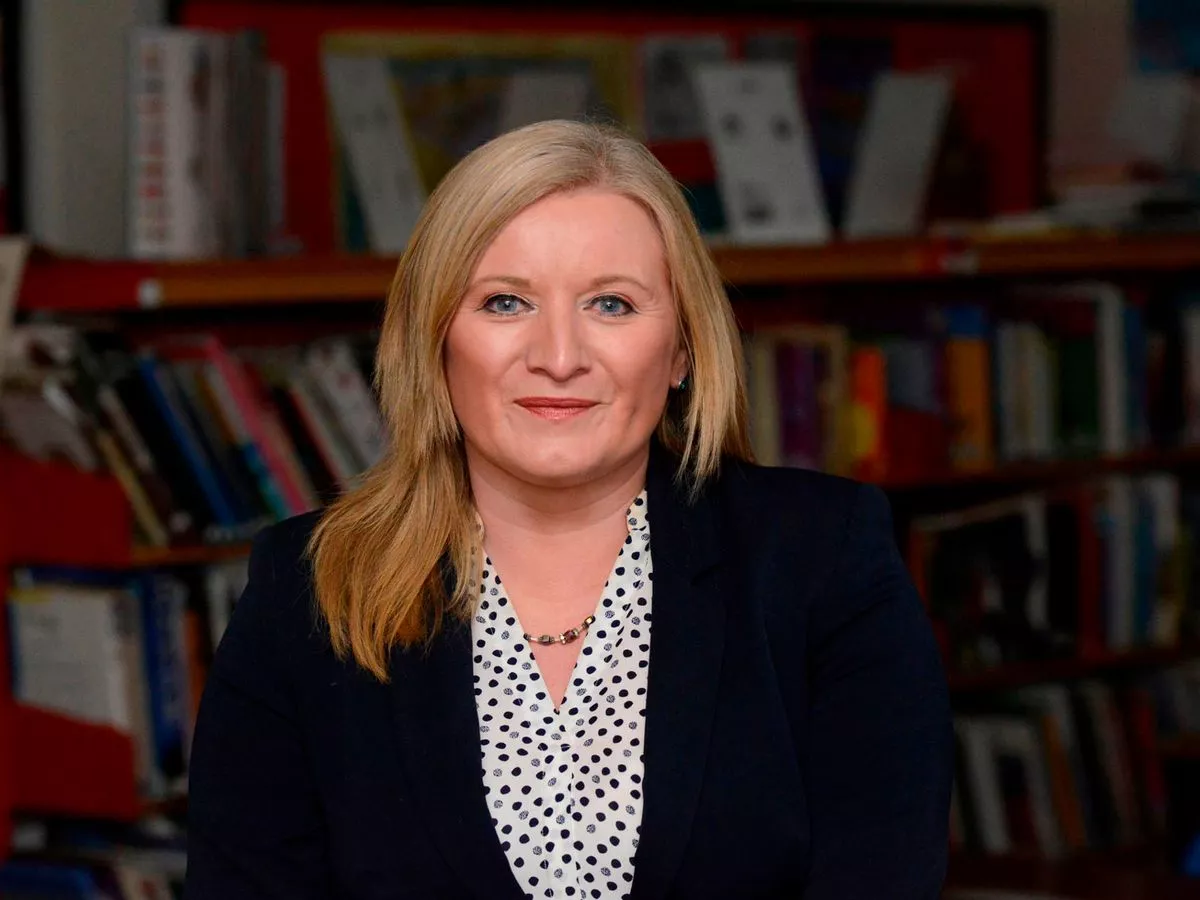By admin
Copyright dawatmedia24

In the stark landscape of a nation grappling with profound social and economic crisis, the Taliban regime is undertaking a systematic and ambitious project: the mass establishment of madrasas (religious schools) across Afghanistan. While presented as a revival of Islamic education, this initiative is widely perceived by citizens, analysts, and human rights advocates as a strategic effort to entrench a hardline ideology, creating a “lost generation” indoctrinated into extremism and severing the country from the modern world.
Kabul residents voice a deep-seated fear that this policy is not merely about education, but about social engineering on a massive scale. They argue that the Taliban, in an effort to solidify the foundations of their emirate, expand their base of like-minded recruits, and propagate their Deobandi-influenced interpretation of Islam, are using madrasas as the primary tool for ideological consolidation. The prevailing concern is that if this trend continues unchecked, Afghanistan will in the near future confront a generation even more rigid and extreme than the current Taliban. Concurrently, experts warn that this very process could create fertile ground for the emergence of factions more radical than the Taliban itself, such as the Islamic State Khorasan Province (ISIS-K).
A Capital Transformed: From Classrooms to Seminaries
In Kabul, the visible proliferation of madrasas has become a source of daily anxiety for many. Several citizens, who spoke on condition of anonymity for fear of reprisal, stated that this Taliban policy will only expand the frontiers of religious fundamentalism and violence.
Sher Alam, a resident of Kabul’s District 16, expressed his distress about the situation in the Bagrami area: “Madrasas have increased significantly here, and children’s minds are being primed for extremism from a young age. Many families, driven by economic desperation or a lack of alternatives, send their children there without a clear understanding of the curriculum. Disturbingly, the children who attend often return home transformed, pressuring their families to let them enroll in larger, more intensive madrasas. This cycle is truly terrifying.”
Mahmood Khan, another Kabul resident, framed the issue within a broader geopolitical context. “The Taliban’s objective is to transplant the extremist ideology they themselves absorbed in Pakistani madrasas directly into the minds of Afghanistan’s children,” he said. “This expansion is a core component of their program to make their regime permanent and unassailable. By saturating the country with these schools, they aim to raise a new generation that knows only their version of Islam, ensuring their control for decades to come.”
Systemic Exclusion and Intellectual Stagnation
The Taliban’s education project is defined as much by its inclusions as its exclusions. While madrasas are generously funded and promoted, formal secular education for girls above the sixth grade has been completely abolished, and modern subjects are being purged from curricula.
Nilaab, a university student now confined to her home, condemned the hypocrisy. “I am imprisoned within my own home, my dreams of an education shattered, while the Taliban build madrasas every single day. They claim this is Islam, but what religion denies half its population knowledge and participation in society?”
Marzia Hafizi, a journalist, highlighted the deliberate restriction of intellectual horizons. “The Taliban seek to create an intellectual vacuum, filling it solely with their dogma,” she explained. “Some, disconnected from modern thought, mistakenly see this as a religious revival. The media has struggled to report the full reality due to severe censorship and limited access. However, we know that in many of these madrasas, concepts like armed jihad, martyrdom, and a binary worldview that divides the world into believers and infidels are core to the teaching, actively cultivating an extremist mindset.”
This systematic narrowing of education was starkly illustrated by the Taliban’s recent removal of 51 subjects from national textbooks. Lessons on women’s rights, human rights, civic duties, patriotism, and ethnic unity have been systematically erased, effectively whitewashing the curriculum of any content that promotes critical thinking, social cohesion, or engagement with universal human values.
The Regional Precedent: Breeding Grounds for More Extreme Offspring
A particularly alarming warning from analysts is that the Taliban’s madrasa system may not just secure their own rule, but ultimately undermine it by spawning even more radical movements. The historical precedent in the region suggests that extremist environments often give rise to factions that accuse their predecessors of being too moderate.
Nisar Ahmad Shirzoi, a political analyst, stated, “We have seen this pattern repeatedly: extremist jihadist groups beget even more radical currents. The Taliban themselves emerged from a specific political and religious milieu in the 1990s. Later, ISIS-K branched out from the Taliban, criticizing them for their negotiations with the West and their nationalist tendencies. The Taliban’s engineering of young minds today is laying the ideological groundwork for the next, even more violent, iteration of extremism. These groups, with their absolutist and violent practices, have consistently toppled any nascent democratic or inclusive systems.”
Ahmad Khan Andar, another expert, echoed this concern. “While religious education has its place, the Taliban are building schools with a singular purpose: to produce a new generation of clerics and Taliban foot soldiers. Our history is littered with examples of how such narrowly focused madrasas lead directly to the growth of extremism. It is a predictable and dangerous trajectory.”
The Human Cost: A Generation at Risk
The consequences of this policy are already devastating the life chances of an entire generation. Khalil Ahmad Naadem, a university professor and political analyst, offered a bleak assessment of the future. “The Taliban’s madrasa-building yields nothing for Afghanistan but clerics and fanatics. If these schools only teach religious studies without modern sciences—mathematics, biology, history, literature—students will be forced to interpret the modern world through a lens frozen 1,400 years in the past. They will be utterly unequipped to build, innovate, or compete. The result will be a generation of dependents, perpetuating Afghanistan’s cycle of poverty and isolation.”
Women’s rights activists argue that the madrasas are a key tool in the Taliban’s project of societal control, particularly over women.
Taranum Saeedi, a women’s rights activist, explained, “From childhood, students are taught a doctrine of suspicion and hatred. They learn that the outside world is evil, that non-believers are enemies, and that women are a source of fitna (temptation) who must be confined. The Taliban are not building schools for enlightenment; they are building institutions for social regulation, aiming to create a submissive, brainwashed populace.”
Nazifa Jalali pointed to a recent and painful history in the southwest. “Between 2014 and 2021, many families sent their teenage sons to madrasas in Pakistan. When these boys returned, they were often unrecognizable—radicalized to the point of joining the Taliban and even treating their own families with violence and contempt. The lesson is clear: this education does not build character; it destroys it.”
The desperation bred by this system was tragically illustrated by Shahla Farid, a political analyst. “An entire generation is facing a grave risk, losing the opportunities that should secure their future. This leads to school dropouts, poverty, unemployment, and desperate acts. We all saw the image of that 13-year-old boy who tried to flee the country by clinging to a plane’s landing gear. The world saw a migrant, but we saw a child forced into a suicide mission because his own country offered him no future—no modern school, no hope for work. That is the profound, human cost of the Taliban’s madrasa project.”
A Systematized and Funded Ideological Machine
The scale and organization of this project reveal its centrality to the Taliban’s long-term vision. The Taliban’s Ministry of Education has announced that in the past three years, they have constructed 269 schools and approximately 23,000 Islamic training centers or madrasas. These centers have enrolled over 300,000 students.
To ensure the system’s operation and appeal, the Taliban’s Supreme Leader, Hibatullah Akhundzada, has issued a decree allocating significant resources. Each madrasa is mandated to have a dormitory accommodating 500 to 1,000 students, and each student is to receive a daily stipend of 150 Afghanis—a powerful incentive in a country facing widespread famine and economic collapse.
The decree also outlines a structured staff, requiring each madrasa to employ at least 10 teachers, including specialists in Hadith, religious law, and Quranic memorization, with salaries ranging from 15,000 to 25,000 Afghanis. This institutionalization creates a parallel economy and a powerful clerical class loyal to the regime.
The Taliban’s madrasa expansion is far more than an education policy; it is the regime’s core nation-building strategy. By replacing a comprehensive education with a rigid, ideological indoctrination, the Taliban are not only ensuring their own survival but are actively dismantling the modern fabric of Afghan society. They are manufacturing a generation cut off from the skills, knowledge, and pluralistic values needed to thrive in the 21st century, while simultaneously planting the seeds for future, more virulent forms of extremism. The international community’s passive observation of this process condemns Afghanistan not just to a dark present, but to a future where darkness is the only thing being taught.
Support Dawat Media Center
If there were ever a time to join us, it is now. Every contribution, however big or small, powers our journalism and sustains our future. Support the Dawat Media Center from as little as $/€10 – it only takes a minute. If you can, please consider supporting us with a regular amount each month. Thank you
DNB Bank AC # 0530 2294668
Account for international payments: NO15 0530 2294 668
Vipps: #557320
Donate Here



